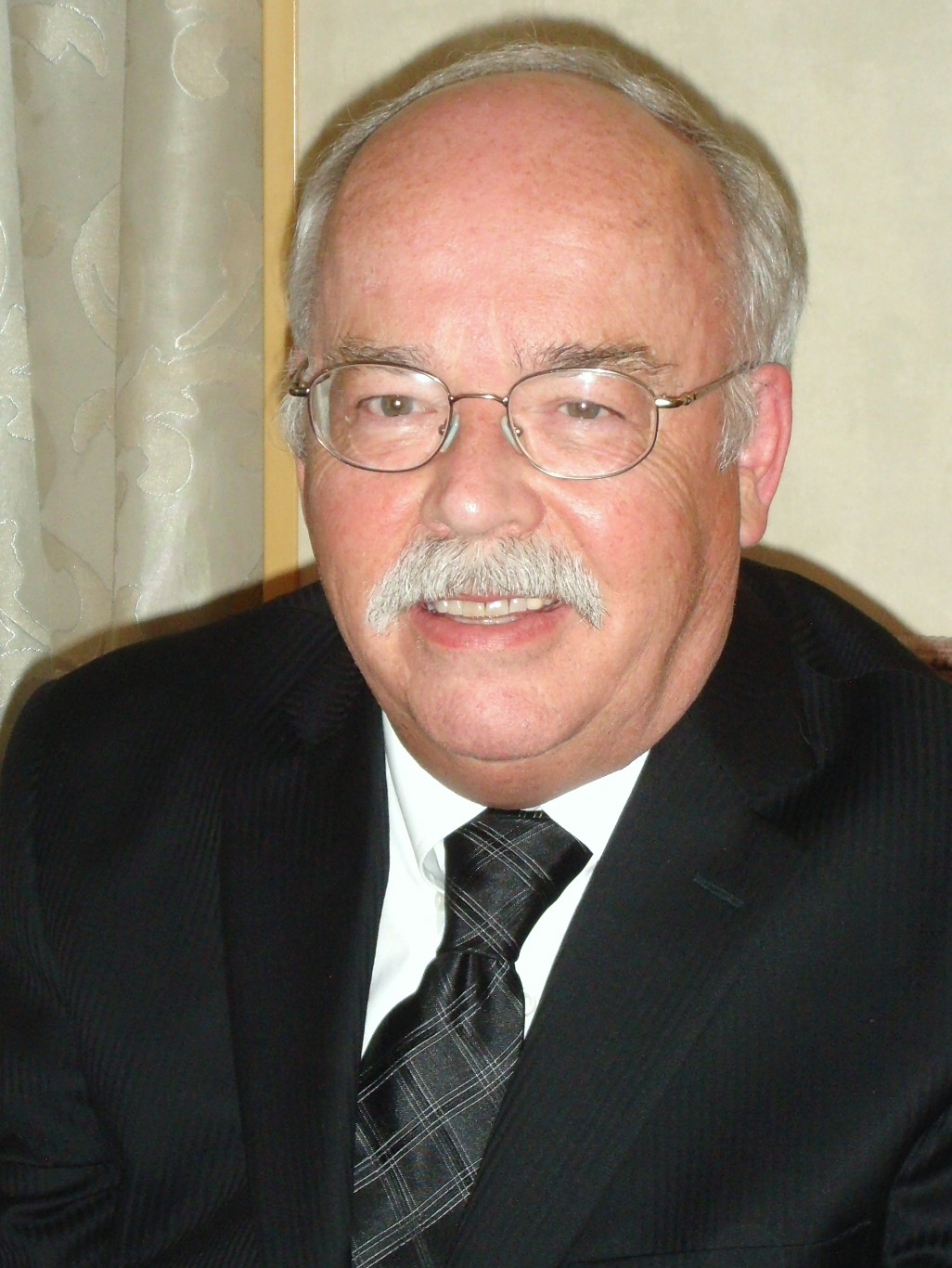
Glen Baker
In a long and distinguished career full of many achievements and recognitions, the Alberta Medical Association Medal of Honour stands out for Glen Baker. The medal was awarded to Baker in October, and is given annually to a non-physician for outstanding personal contributions to the people of Alberta through the advancement of medical research and medical education, and by raising the standards of health care in the province.
"I'm certainly honoured and humbled to receive it," say Baker, a professor in the Department of Psychiatry and associate vice-president, research, at the U of A.
Baker has spent much of his career bridging the gap between the research and clinical worlds. In 2000, when he was appointed chair of the U of A Department of Psychiatry (a position he held until 2005), he became the first non-psychiatrist to be a full-time chair of psychiatry in Canada. "I am a basic scientist working in a clinical department," says Baker. "But I have always been made to feel welcome in the Department of Psychiatry."
He credits Bill Dewhurst, the chair of psychiatry when Baker arrived at the university back in 1977, for initiating that welcome. "Bill was very interested in neurochemistry and wanted to recruit basic scientists to the department to work with clinicians," he remembers.
And Baker has thrived in that environment. Over the course of his career he has become a recognized expert in biological psychiatry and neuropsychopharmacology. His research on the mechanisms of action and metabolism of antidepressants and antipsychotics has been very influential. "Psychiatric patients are often on multiple drugs so it's very important to know how those drugs are metabolized and whether they will interact," explains Baker of this important contribution.
His efforts have led to more than 340 peer-reviewed papers, 100 other articles and more than 400 abstracts. A Tier I Canada Research Chair in Neurochemistry and Drug Development, a McCalla Research Professorship and a Killam Annual Professorship at the U of A are among the titles he has held. His contributions to research, education and the promotion of mental health initiatives have also brought him the Killam Award for Mentoring, a U of A Distinguished Professorship and Fellowship in the Canadian Academy of Health Sciences. In 2007, he received a 100 Alumni of Influence Award at the Centenary of the University of Saskatchewan, where he did his undergraduate degree and MSc in pharmacy, as well as his PhD in biological psychiatry.
Today, the impetus to learn more about the workings of the brain is as strong as ever. Baker maintains a research lab in spite of his duties as an associate vice-president of research and continues to examine biomarkers of psychiatric and neurological disorders.
Over his decades at the U of A he has seen the Faculty of Medicine & Dentistry evolve and grow. "The team approach is really the important thing in brain research now," he observes, adding that the U of A encourages collaboration and lauding the newly formed Neuroscience and Mental Health Institute as another important step in this direction.
"We have experts in areas such as neuroimaging, neurochemistry, neuropharmacology, genetics, molecular biology, neuropsychology and knowledge translation working together to shed even more light on very complex psychiatric and neurological disorders.